Guard dogs are valued for their vigilance, protective instincts, and ability to deter potential threats. However, not all dog breeds are suited for guarding duties. Many breeds are known for their friendly, sociable, and gentle nature, making them less effective as protectors of the home. These dogs often excel in roles as companion animals, therapy dogs, or family pets, but their lack of aggression and natural guarding instincts mean they are not ideal for providing home security. In this article, we will explore the top 10 worst dog breeds for guarding your home, highlighting their unique characteristics and why they are better suited for other roles.
10. Basset Hound
The Basset Hound, with its long ears and droopy eyes, is known for its excellent sense of smell and hunting abilities rather than guarding instincts. These dogs are gentle, friendly, and sociable, making them great family pets but not effective guard dogs. Basset Hounds are known for their laid-back nature and can be quite lazy, preferring to lounge around rather than patrol the perimeter of a home. Their deep, melodic bay can alert owners to the presence of strangers, but they are unlikely to act aggressively toward intruders. Their friendly disposition makes them more likely to greet visitors with a wagging tail than a growl.
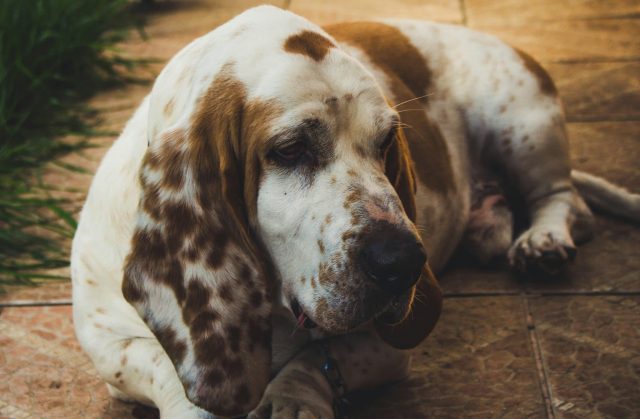
9. Beagle
Beagles are small, energetic dogs known for their exceptional sense of smell and hunting skills. While they are excellent at tracking and are often used in search and rescue operations, their friendly and sociable nature makes them poor guard dogs. Beagles are known for their curiosity and love of exploration, which can make them more interested in following a scent trail than protecting the home. They are generally good with children and other pets, and their lack of aggression towards strangers means they are more likely to welcome visitors than deter them. Beagles are also known for their distinctive baying, which can alert owners to the presence of strangers but are not typically accompanied by any protective behavior.
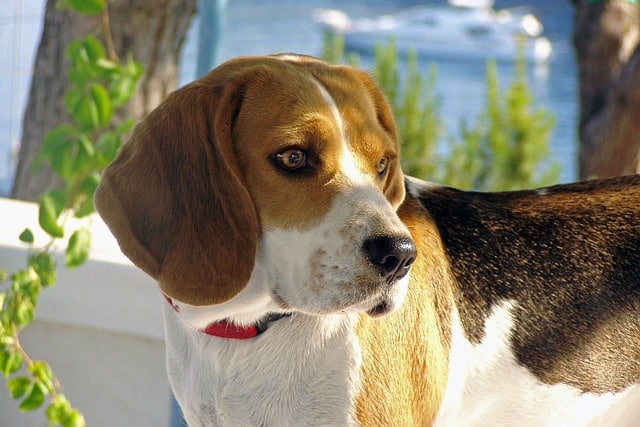
8. Cavalier King Charles Spaniel
The Cavalier King Charles Spaniel is a small, affectionate breed known for its friendly and gentle nature. These dogs are often described as “lap dogs” due to their love of cuddling and being close to their owners. While they are excellent companion animals, their friendly disposition makes them poor guard dogs. Cavalier King Charles Spaniels are generally welcoming to strangers and do not possess the protective instincts required to guard a home. They are more likely to seek attention and affection from visitors rather than act as a deterrent. Their small size and lack of aggression further diminish their effectiveness as guard dogs.
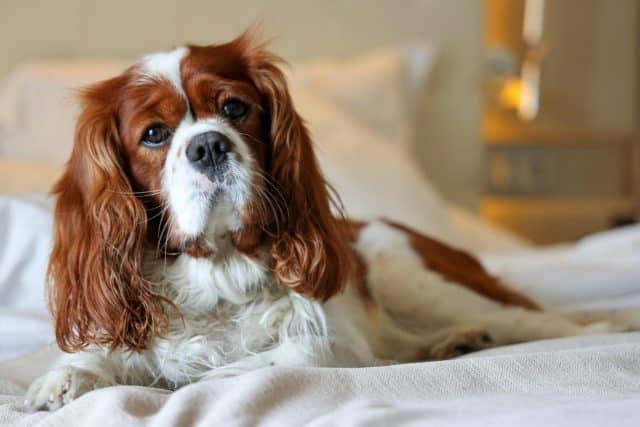
7. Shih Tzu
Shih Tzus are small, charming dogs known for their long, flowing coats and friendly personalities. Originating from China, these dogs were bred as companion animals for royalty and nobility. While they make excellent lap dogs and are known for their affectionate nature, Shih Tzus are not effective guard dogs. They are generally welcoming to strangers and lack the protective instincts required to guard a home. Shih Tzus are more likely to bark at the arrival of visitors but will quickly warm up to them, seeking attention and affection. Their small size and gentle disposition make them better suited for companionship rather than home security.
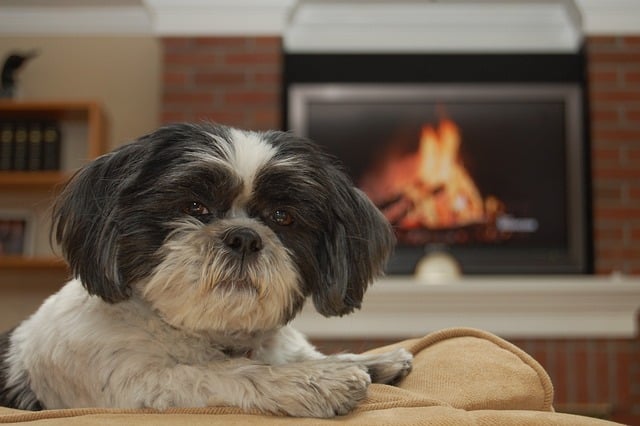
6. Labrador Retriever
Labrador Retrievers are one of the most popular dog breeds in the world, known for their friendly, outgoing, and gentle nature. These dogs excel in roles such as service dogs, therapy dogs, and family pets, but their lack of aggression makes them poor guard dogs. Labradors are known for their love of people and their friendly disposition towards strangers, making them more likely to greet visitors with enthusiasm rather than suspicion. They are highly intelligent and trainable but do not possess the natural guarding instincts required to protect a home. Their primary focus is on pleasing their owners and forming strong bonds with their families, rather than acting as protectors.
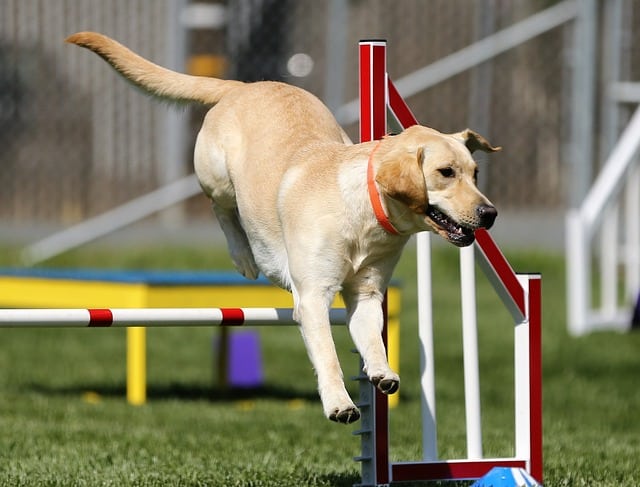
5. Golden Retriever
Golden Retrievers are renowned for their friendly, gentle, and sociable nature, making them excellent family pets and therapy dogs. However, these same qualities make them ineffective as guard dogs. Golden Retrievers are known for their love of people and their welcoming attitude towards strangers. They are more likely to greet visitors with wagging tails and friendly licks rather than acting as a deterrent. Their lack of aggression and natural guarding instincts means they are not suited for protecting a home. Golden Retrievers are highly trainable and intelligent, but their primary focus is on being affectionate companions rather than protectors.
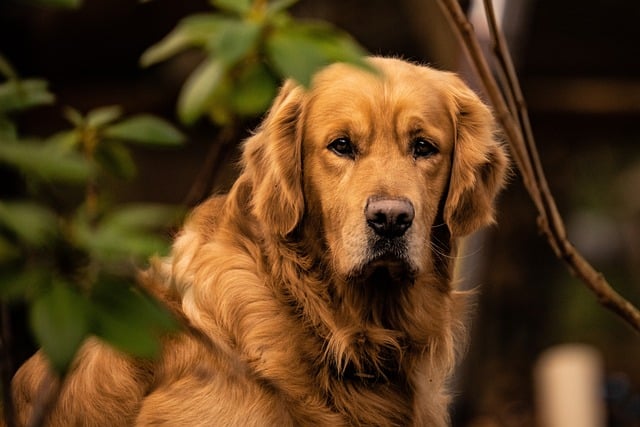
4. Pug
Pugs are small, charming dogs known for their distinctive wrinkled faces and friendly personalities. These dogs are often described as “clowns” due to their playful and affectionate nature. While they make excellent companion animals, Pugs are not effective guard dogs. They are generally welcoming to strangers and do not possess the protective instincts required to guard a home. Pugs are more likely to seek attention and affection from visitors rather than act as a deterrent. Their small size and lack of aggression further diminish their effectiveness as guard dogs, making them better suited for companionship rather than home security.
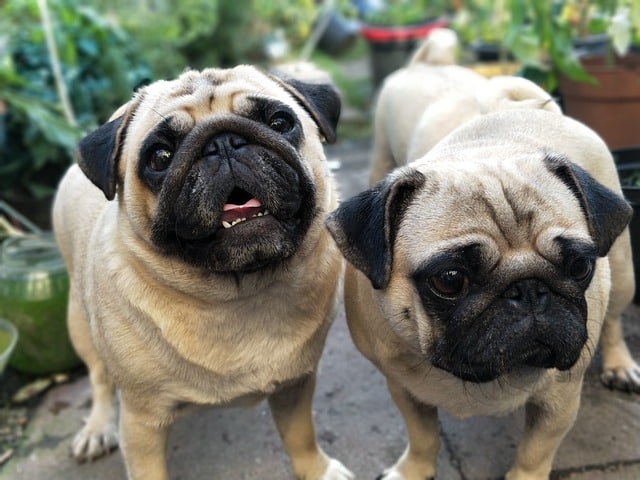
3. Bichon Frise
The Bichon Frise is a small, fluffy breed known for its cheerful and friendly disposition. These dogs are excellent companion animals and are often used as therapy dogs due to their gentle nature. However, their lack of protective instincts makes them poor guard dogs. Bichon Frises are generally welcoming to strangers and do not possess the aggression required to guard a home. They are more likely to bark at the arrival of visitors but will quickly warm up to them, seeking attention and affection. Their small size and gentle nature make them better suited for companionship rather than home security.
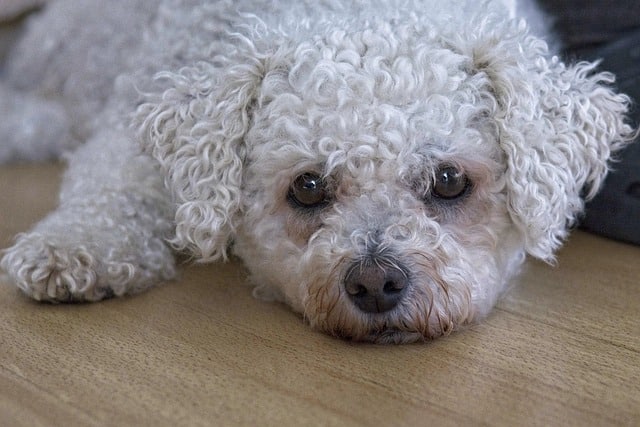
2. Irish Setter
Irish Setters are large, energetic dogs known for their friendly and outgoing personalities. These dogs are excellent family pets and are often used in hunting due to their keen sense of smell and tracking abilities. However, their lack of aggression makes them poor guard dogs. Irish Setters are generally welcoming to strangers and do not possess the protective instincts required to guard a home. They are more likely to greet visitors with enthusiasm and playfulness rather than suspicion. Their primary focus is on being affectionate companions rather than protectors, making them better suited for roles other than home security.
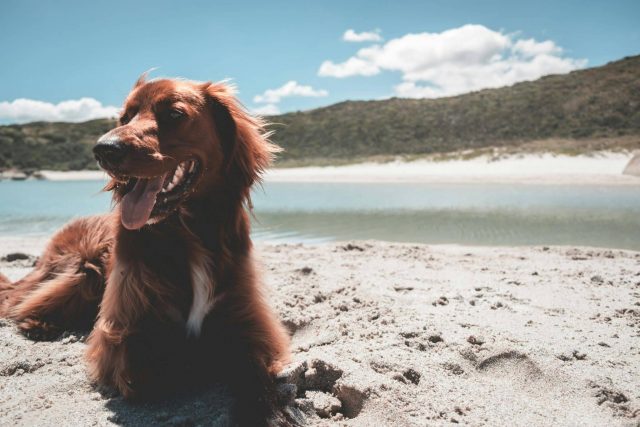
1. Newfoundland
Newfoundlands are large, gentle giants known for their calm and friendly nature. These dogs are excellent family pets and are often used in water rescue due to their strength and swimming abilities. However, their lack of aggression makes them poor guard dogs. Newfoundlands are generally welcoming to strangers and do not possess the protective instincts required to guard a home. They are more likely to greet visitors with a wagging tail and gentle demeanor rather than acting as a deterrent. Their primary focus is on being affectionate companions and helping with water rescues, rather than protecting a home.
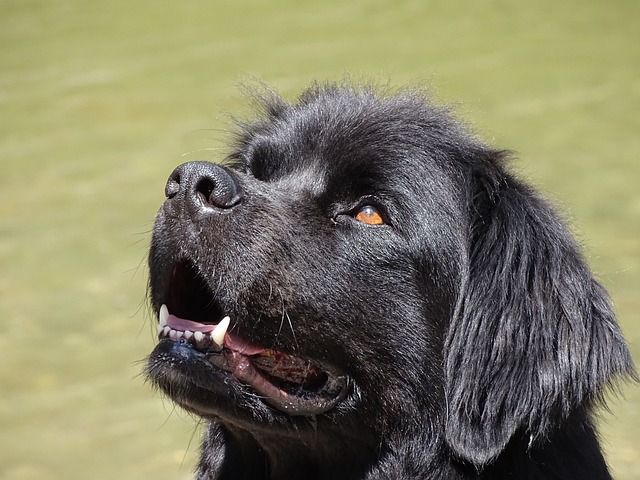
In summary, while many dog breeds are valued for their friendly, sociable, and gentle nature, these same qualities make them less effective as guard dogs. Breeds like the Basset Hound, Beagle, Cavalier King Charles Spaniel, Shih Tzu, Labrador Retriever, Golden Retriever, Pug, Bichon Frise, Irish Setter, and Newfoundland are better suited for companionship and other roles rather than home security. When choosing a dog for guarding purposes, it is important to consider breeds with natural protective instincts and a more territorial disposition. For those seeking a loyal and affectionate companion, these breeds offer excellent qualities and bring joy and love to their families, even if they are not the best at guarding the home.
 Toledo, United States.
Toledo, United States.